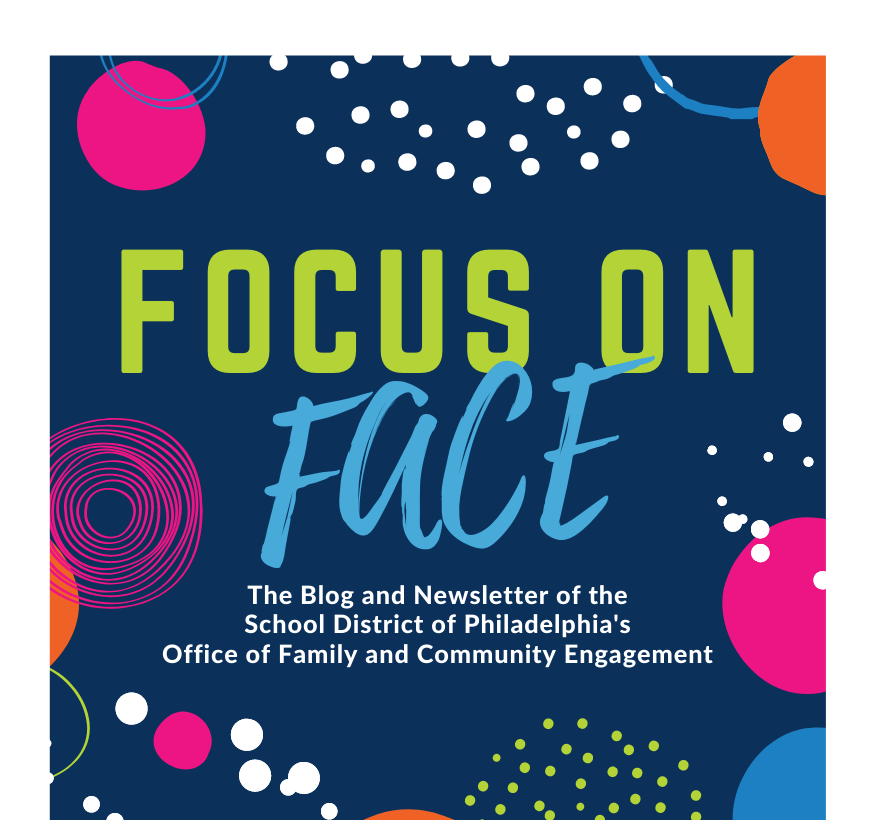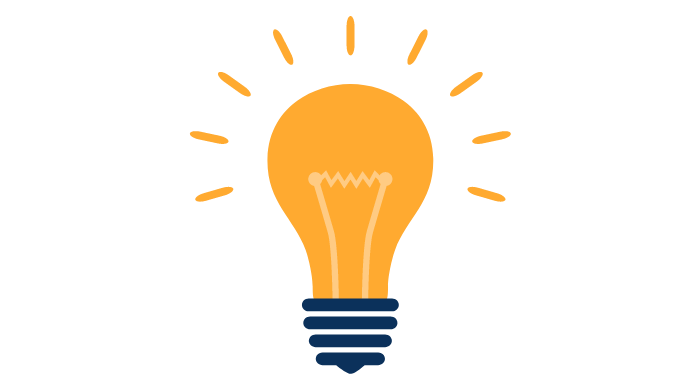
Berlin, Germany
Every month, Focus on FACE takes an in-depth look into Family Engagement around the world. For this month’s focus on literacy, we’ve decided to take a trip to Europe and learn more about literacy and reading in the home of a country that created a word we’re very familiar with in the United States – kindergarten. We’re talking about Germany!
Many people might assume that people all around the world learn to read in the same way. Professor of Educational Policy Studies Dr. Lesley Bartlett encourages us to think differently—she says to think about literacy as something that varies from culture to culture and language to language.
So, two countries that may have a predominantly English-speaking population may read and speak the same language, but will learn to read differently because of differences in interpretation, value, and meaning of certain words. And those countries would be different from Germany, where people predominantly speak German and may have a very different culture.
Germany, similar to the United States, is a country that is made of 16 “Länder,” or federal states, which are all in control of education policy in their territory. Generally speaking, children in Germany enter nursery school, or kindergarten, which literally means “children’s garden,” between ages 1 and 6. Primary school is required for all students after age six and does not last as long as it does in the United States. Secondary schools are different depending on the education track, career path, or family background of a student. To enter university, students generally must take certain standardized tests and most universities offer tuition at low or no cost.
Literacy is historically very important to the culture. Germany is home to the printing press, which Johannes Gutenberg first used in the 1450s to print the Gutenberg Bible and sparked the birth of mass produced books. Germany has also produced many influential writers, such as Johann Wolfgang von Goethe, Hermann Hesse, and Günther Grass. For the most part, book stores, libraries,poetry slams, and book clubs are incredibly popular institutions in Germany. Every year, there are two large book fairs, one in Liepzig (which is this month!) and one in Frankfurt, which attracts over 300,000 visitors every year. According to a website called Statista over 9 million adults in Germany said they picked up a book every single day!
Up until very recently, however, there has been little research conducted on early childhood and adolescent literacy in Germany. Now, German studies on the subject are revealing what many other countries have grown to understand: that schooling is critically important in learning to read and comprehend, but so is the family, society, and other institutions.

Book fair in Liepzig, Germany
What concerns many people, however, is how many adults are illiterate in Germany. A study from the University of Hamburg in 2011 found that over 7 million adults are illiterate in the country. In response, the German government and all of its individual states launched the “Decade of Alphabetization” in 2015 to combat illiteracy.
The country also has a large migrant and refugee population, making the fight against illiteracy even more challenging and urgent. Immigrants may be literate in their native languages, but teaching them to read and write in German requires additional educational resources. The goal is for every person in Germany to experience the rich appreciation of reading, literature, poetry, and philosophy and develop personal, educational, professional, and economic prosperity.
In 2013, over 130 European reading organizations from 35 different countries met in Liepzig, Germany to produce recommendations for Early Literacy Education. The group called on politicians and policy makers to support and fund policies on early literacy, on fundraisers and philanthropists to financially support this work, on professionals like teachers and librarians to make literacy a priority and administrators to pay them properly, on volunteers to help contribute to the education of young people, on families to embrace and be empowered by their position as their child’s first teacher, on society to share the responsibility of literacy and to embrace multilingualism, and finally on researchers in multiple fields to research literacy and the practices that are most effective to improve it.
Sources:
- Liepzig Recommendations on Early Literacy Education
- Culture of Reading in Germany
- Data on Early Child Education and Care Learning Environments in Germany
- Literacy in Germany Short Country Report
- “To Seem and to Feel: Engaging Cultural Artefacts to ‘Do’ Literacy” by Lesley Bartlett

